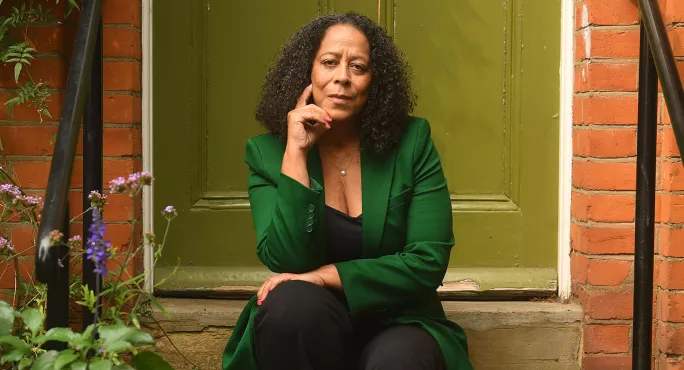Iâve lost count of the number of times Iâve walked into a leadership meeting, conference or drinks reception and scanned the room only to find Iâm the only Black woman there. Sometimes the only Black person, full stop.
The air shifts. The tone is set. And before a single word is spoken, Iâm already navigating.
On the rare occasions when there is more than one of us in the room, we make eye contact, we give the âknowing nodâ and we gravitate towards each other because we have a shared understanding of the dynamics at play.
This is not a lament; itâs a reality. One shared by many Black and Asian colleagues in educational leadership who carry the weight of representation, resilience and resistance, often simultaneously.
We are present, but rarely invited. Visible, but not always seen.
The system wasnât built for us
Leadership spaces in education were not designed with us in mind.
The statistics speak volumes: people of colour remain drastically underrepresented in headship, executive leadership and governance roles across the UK. And when we do arrive, we are often met with surprise, suspicion or silence.
The myth of meritocracy persists, suggesting that if we just work harder, speak softer or assimilate faster, weâll be accepted. But we know better.
We know that systems replicate themselves unless intentionally disrupted. And we know that our presence alone is not the disruption; itâs the beginning.
What it feels like
Being âthe only oneâ in the room is not just about optics; itâs about the internal calculations we make every day:
- Will I be heard if I speak?
- Will I be labelled âaggressiveâ if I challenge?
- Will I be tokenised if I succeed?
- Should I start âcode-switchingâ now?
We navigate microaggressions dressed as compliments. We decode silences that speak volumes. We carry the dual burden of leading and educating, often having to explain our existence before we can share our expertise.
And yet, we lead.
How we lead anyway
Despite the barriers, people of colour in leadership continue to shape, challenge and transform education.
We lead with vision, not vengeance; with clarity, not compromise. We curate spaces that reflect our values - spaces where belonging is not conditional and excellence is not defined by proximity to whiteness.
We build communities. We mentor. We advocate. We create ethos-driven environments where students and staff alike can thrive. We get fantastic results.
We can talk on topics that extend beyond the EDIB (Equality, Diversity, Inclusion and Belonging) landscape, and we do it while navigating systems that were never designed for our flourishing.
Invitation vs inclusion
Hereâs the truth: inclusion is not about inviting us to the table after the menu has been set. Itâs about co-creating the space, the agenda, and the culture. Itâs about relinquishing power, not just sharing it.
If youâre serious about equity, examine whoâs missing and why, then:
- Create leadership pipelines that centre on lived experience, not just credentials.
- Listen without defensiveness. Amplify without appropriation.
- Make structural changes, not symbolic gestures.
- Extend invitations to those who donât usually get invited to informal sector spaces, drinks receptions, networking dinners and off-the-record briefings, where influence circulates and access is quietly gatekept.
Inclusion without intention is just decoration. And we are not here to decorate diversity statements.
A call to action
Inclusion is not a favour; it is a responsibility, and it begins with those who hold the power to appoint, to invite and to transform.
So, to the Department for Education, trust leaders and policy architects: we are not asking to be added to your tables; we are asking you to reimagine the table itself.
Evelyn Forde is former headteacher of Copthall School in London, former president of the Association of School and College Leaders, and 2020 Headteacher of the Year award winner at the Tes School Awards. She is the author of





